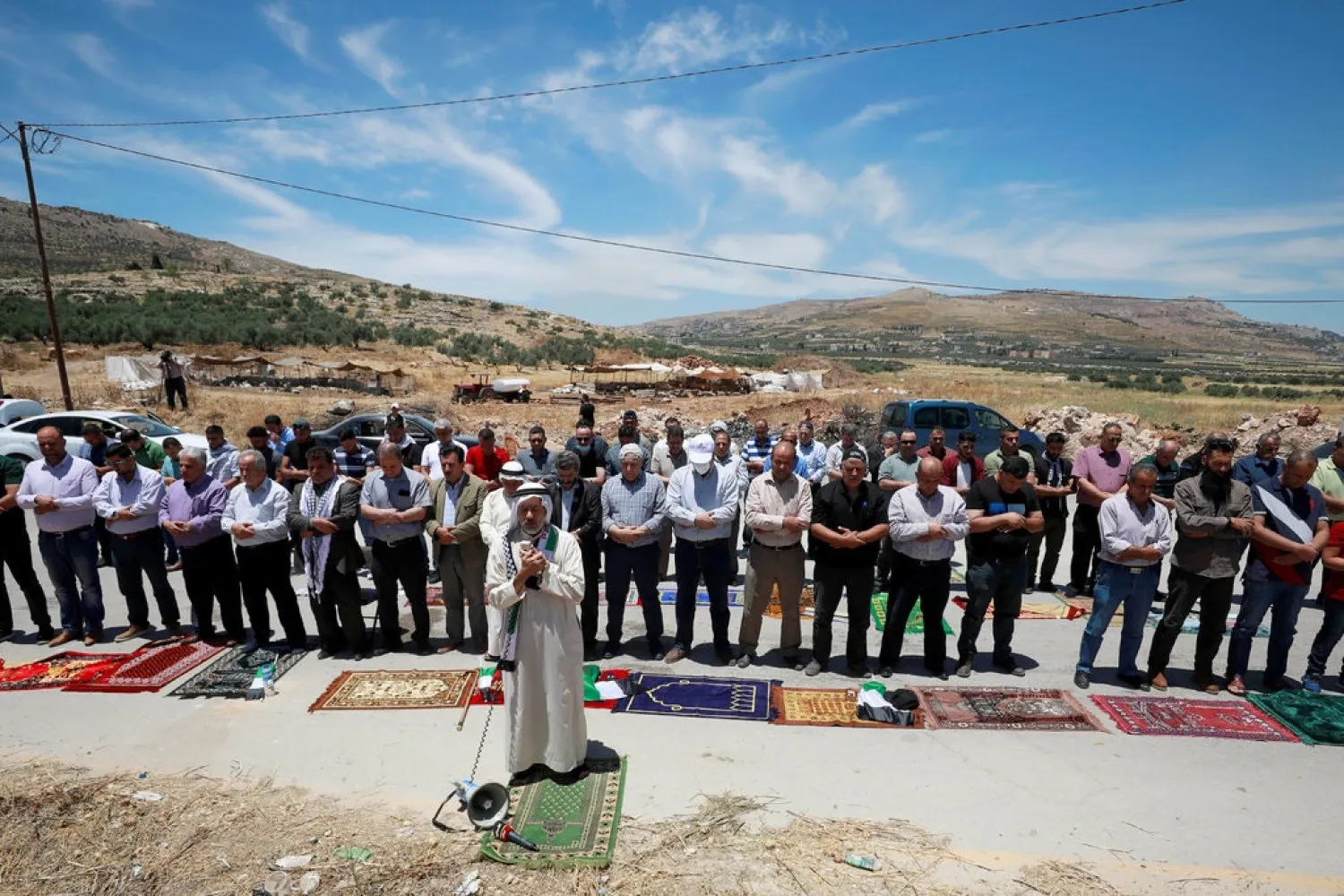UAE’s ambassador to Washington Youssef Al Otaiba warned that Israel's plan to annex land in the occupied Palestinian West Bank would impede the peace process and “upend” Israel's efforts to improve ties with Arab countries.
“Annexation would - certainly and immediately - upend all Israeli aspirations for improved security, economic and cultural ties with the Arab world and the UAE,” he said in an op-ed entitled “It’s Either Annexation or Normalization” that was published by Israel’s daily Yedioth Ahronoth.
This came as the Israeli government intends to proceed with the US annexation plan on July 1 which allows Israel to annex large swaths of the occupied West Bank, including illegal settlements, and the Jordan Valley.
The plan also proposed the establishment of a demilitarized Palestinian state on the remaining patchwork of disjointed parts of the Palestinian territories without East Jerusalem, which Palestinians want as the capital of their state.
Earlier in May, Sheikh Abdullah bin Zayed Al Nahyan, Minister of Foreign Affairs and International Cooperation, also expressed his deep concern and rejection of the measures included in the Israeli plans to annex Palestinian lands.
He warned that this unilateral move is illegal, undermines opportunities for peace, and contradicts all efforts made by the international community to reach a lasting political solution in accordance with relevant international resolutions.
He also reiterated the UAE’s position that any action taken unilaterally impedes and hinders the chances of a lasting peace to which all parties aspire.
For his part, Minister of State for Foreign Affairs of the United Arab Emirates, Anwar Gargash, called on Israel to end talks about annexing Palestinian lands, considering that any unilateral move by Tel Aviv would represent a strong blow to the peace process.
“The continuous Israeli talk about annexing Palestinian lands must stop,” he said.









